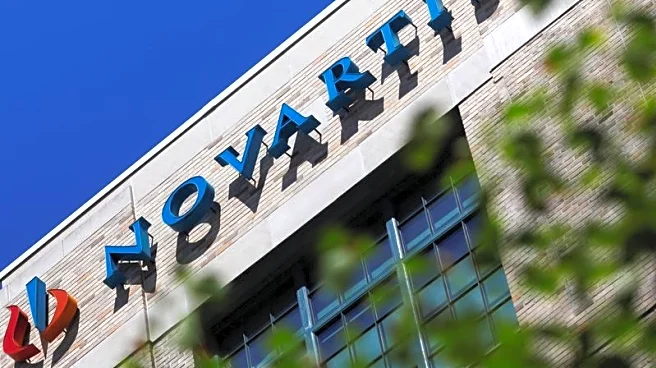NEW YORK (Reuters) -Gen Z adults in the U.S. - those currently in their teens and 20s - are becoming more frugal about what they spend on dates as they contend with higher living costs, a Bank of America
survey showed on Wednesday.
More than 50% of respondents spent no money at all on dating, according to a poll of more than 900 people between the ages of 18 to 28. Among those who did spend money on dates, 25% of men and 30% of women spent less than $100 a month, the survey showed.
The respondents also said it was important for romantic partners to be financially responsible.
"Gen Z is finding adulting to come with a higher price tag, and they're feeling the cost of living overall," said Holly O'Neill, president of consumer, retail and preferred banking at BofA.
"They're dining out less, they're shopping at more affordable grocery stores, and they're using and setting budgets."
More than half the survey respondents said they were putting more money into savings, while 24% were paying down debt as a way to improve their finances.
Rising prices across an array of goods from coffee to audio equipment to home furnishings pushed inflation higher in June in what economists see as evidence that the Trump administration's increased import tariffs are passing through to consumers.
More than half of the respondents said they did not feel they made enough money to live the life they want, and 55% did not have sufficient emergency savings to cover three months of expenses.
However, the percentage of Gen Z respondents receiving financial support from parents and family fell to 39% from 46% a year ago, the BofA report showed. They are also receiving smaller amounts, with 22% receiving $1,000 or more per month, versus 32% a year ago. More than half of the respondents receive less than $500 a month, versus 44% a year ago.
“They're challenging some of the stereotypes of young people and money,” O’Neill said. “Even though they’re facing economic barriers and high everyday costs, they are working hard to become financially independent."
(Reporting by Lananh Nguyen and Saeed Azhar in New YorkEditing by Frances Kerry)













